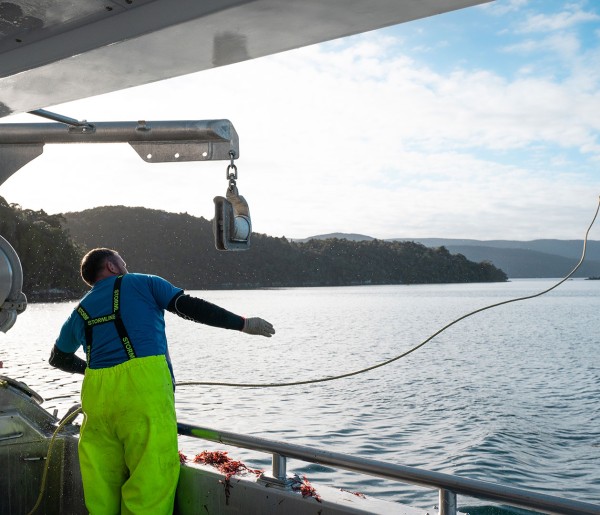Ki uta ki tai
From the mountains to the sea
'Ki uta ki tai' is a term which reflects the Ngāi Tahu view of environmental and resource management. It is a traditional concept representing kaitiakitanga (guardianship) from the mountains and great inland lakes, down the rivers to the hāpua (estuaries), and to the sea. Kaitiakitanga reflects the special relationship Ngāi Tahu has with the environment, which is fundamental to the tribe's culture and identity.
Ngāi Tahu Seafood invests considerable energy into supporting the sustainable management of fisheries. This is vital for the future of the business as well as the values of Ngāi Tahu.
Iwi fishing forums and industry stakeholder groups work closely with the Ministry of Primary Industries to ensure fish stocks are well managed and the assessment of individual fish stocks (using scientific data) matches up with what is being observed by Ngāi Tahu and other fishers on the water.
We show respect for the sea, so that what is taken today will always be there for future generations.
